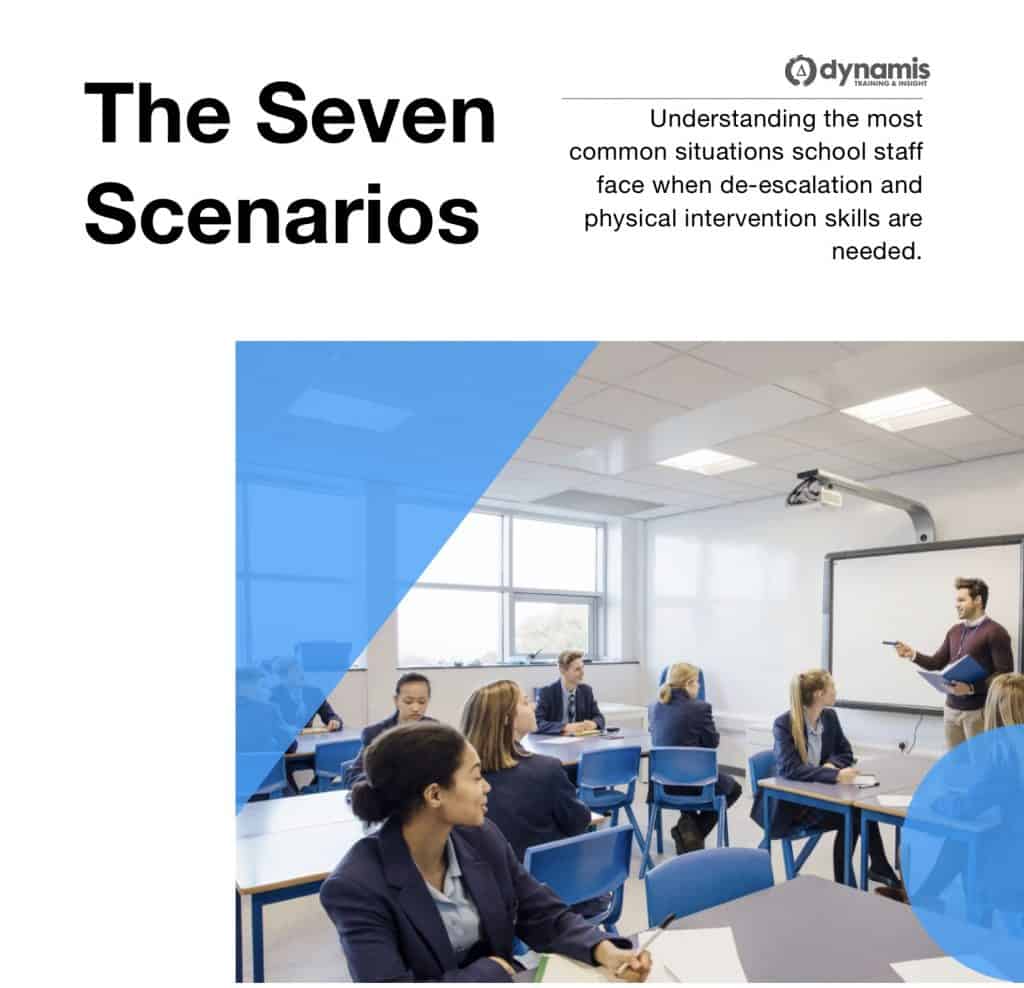Positive Handling Early Years Concerns
Positive Handling Early Years can pose specific risks that you should be aware of. In our last post, we discussed how a 4-year old put two teachers in hospital in a single incident and how it is possible they can have the capability and capacity to do so.
Let’s not pretend that this is a complete ‘outlier’ in terms of incidents. If I asked you to look at the figures, you would quickly discover that in the UK we are now excluding more Primary-aged children from schools for violent behaviour, than we are from the Secondary sector.
Certainly as a training provider deeply engaged with the issues of violent and/or disruptive behaviour in schools, the majority of the calls and messages we receive from schools looking for advice about Positive Handling Early Years come from the mainstream primary schools out there who almost always have a need for physical interventions in the Early Years settings.
Surely working with Four-Year-Olds – even the difficult ones – is perfectly safe for grown adults!
FOUR REASONS TO BE CAUTIOUS AROUND FIESTY FOUR YEAR OLDS:
It can be really tricky when considering Positive Handling Early Years:
1: WORKING AT LOW LEVEL: Staff must spend a lot of time working at low level, often on their knees for a significant portion of their day and doing a lot of bending, twisting, holding and sometimes carrying. The effects on their body mount up and these staff often develop aches and pains in their back, knees or shoulders from the fairly demanding physical activities of working with little people in play and activities every day. And that is BEFORE we might need to get down there and hold on to someone in crisis!
2: THE FALLACY OF DE-ESCALATION: When children in Early Years get upset and frustrated, they quickly climb the stress curve and can go beyond the ‘point of no return’ suddenly, placing them out of reach for many of the verbal communications models which are commonly used (such as the Persuasion Sequence and other models from Verbal Defence and Influence which we teach). Young brains lack the emotional brakes needed to self-regulate and negotiate or compromise effectively in the midst of stress. It is a fallacy to think that words alone will always work to control risk.
3: FOUR YEAR OLDS CAN FIGHT DIRTY! Sometimes little people get so angry and frustrated that they have a physical outburst. If they are particularly upset, then they will lash out with every tool at their disposal – hands, feet, head and teeth (sometimes even spitting). They can be very mobile and difficult to control physically – especially in a way which is completely safe and appropriate. Oh, and you may be on your knees and 2 feet away from the child when the incident begins!
4: PARENTAL AND PROFESSIONAL EXPECTATIONS: People – parents in particular – rightly have high expectations of the staff dealing with their children and expect that there will be good discipline and positive behaviour emphasised in the school day. They may not, however, be ready to accept that their child may a) present with seriously challenging behaviour or b) present with such risk that they may need to be held. Often parents formulate allegations against staff – tricky territory indeed!
Responsible and well-conceived training from a full-time professional conflict management and physical intervention specialist will help to mitigate many of the issues above. Right now though, if you are reading the above and find it shocking, then one immediate thing you can do to make you and your team safer will be to take it seriously!
One of our first jobs, when going in to see a team about this topic, will be to set their ‘danger threshold’ at the appropriate level for the task at hand. If we acknowledge and realise that children and staff can and do get hurt – bodily, personally and professionally – during these incidents, then we are more likely to be prepared for these critical decisions when the moment is upon us!
———————————————-
Gerard O’Dea is a conflict management, personal safety and physical interventions training consultant and often advises on Positive Handling Early Years. He is the training director for Dynamis, a specialist in personal safety and violence reduction initiatives and the European Adviser for ‘Verbal Defense and Influence’, a global programme which addresses the spectrum of human conflict. www.dynamis.training




